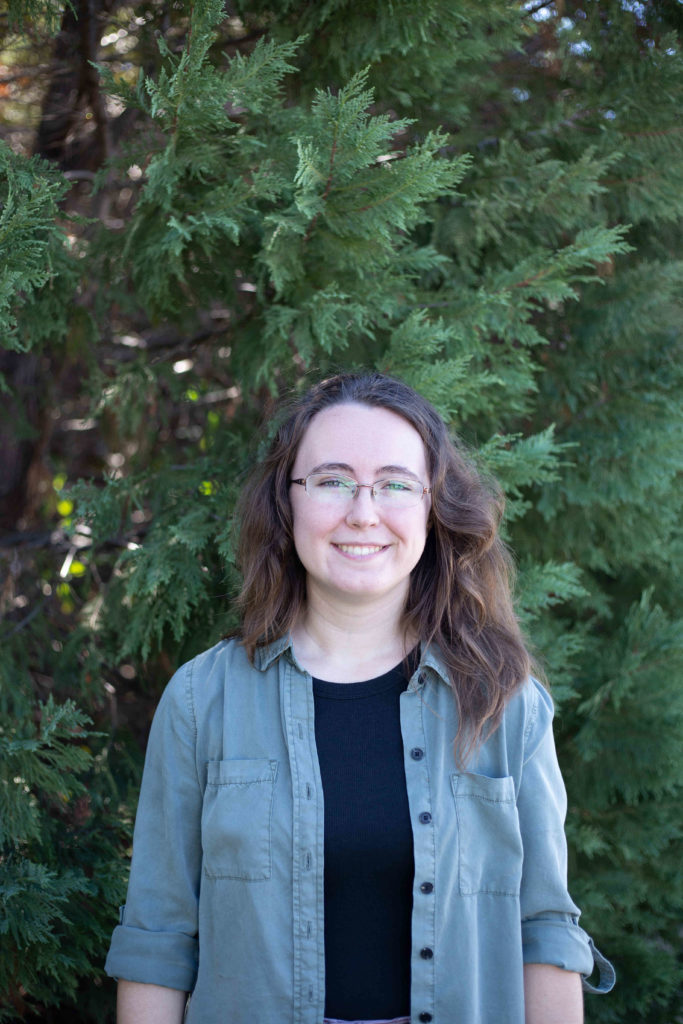The Eco Hub is more than just a farm; it is a 20,000 square foot space that has encouraged innovation and education, fostered student leadership and will provide a safety net for UTD students affected by food insecurity.
The farm was established to provide fresh produce grown by student volunteers and contribute food to the Comet Cupboard. Since its creation in the fall of 2021, almost 90 students from several different disciplines are bringing to life projects addressing global environmental issues through the Eco Hub. It has also offered an immersive learning experience for those interested in studying honeybees, providing a more sustainable home for one of UTD’s apiaries.
While tackling the issue of food insecurity, the program aims to help develop student leaders who have the confidence to make decisions and work collaboratively with others. Student volunteers have had a great degree of freedom working on the Eco Hub, as they are given their own plots of land to care for with others and are able to come up with strategies for how they want to use their space. The Eco Hub has slowly been blooming as the weather warms up in the spring, opening up plenty of opportunities for students to garden more.
Avery McKitrick, the sustainability coordinator who manages students’ involvement with the Eco Hub and related programs, said “we’re still learning how to mitigate some of the problems in our garden. We aren’t to the point where we are able to harvest anything yet, but we anticipate a really great spring crop.”
Students are also being encouraged to pursue passion projects regarding sustainability through the Eco Hub. The space that the Eco Hub provides allows students to take on these sustainability passion projects that wouldn’t normally be possible for a prospective dorm or apartment resident.
“There are opportunities for students to build structures out of sustainable materials for example, or grow experimental crops that we wouldn’t necessarily donate. So, we obtained this space, and when a student wants to do a project that would require some level of space or protection our office can now provide that, which is a really unique opportunity that we have compared to other universities,” McKitrick said.
Caroline Lonneman, geosciences senior and student director of the Eco Hub,said that she was very involved in the creation of the farm space, showing how involved students have been in the development of the Eco Hub.

“We do have a couple plans in the making. We want to find some students who might want to paint the shed with some sort of mural. We’re planning on doing something called Eco Bricks – they are made from recycled materials and you can build structures with them,” said Lonneman.
To further students’ learning experiences, the Eco Hub now also houses one of UTD’s apiaries. Scott Rippel, a UTD biology professor, and Christina Thompson, an assistant professor with the Honors College, manage the two apiaries on campus – the one newly located at the Eco Hub, and the other, which remains behind the Administration building.
“We have the capability of running about 12 hives in each apiary… we tend to like to have between 16-22 hives total to manage. That gives us enough hives to harvest honey and give students the opportunity to look inside the hives,” Rippel said.
The bees have been a great addition to the Eco Hub,contributing to the growth of the farmland. One particularly unique advantage, Rippel says, is that these bees serve as an indicator species for what is happening across a community. By studying the honeybees at UTD’s apiaries and their growth ordecline, students can understand how other pollinators are interacting with the local environment.
“The apiary gives the beekeeper an opportunity to educate the community about bees and pollination, and the importance and role that bees have in our agricultural system. So, it’s more of an educational opportunity for the community,” said Rippel.
Disruptions to the spring term’s schedule due to the pandemic will not heavily affect students’ abilities to volunteer at the Eco Hub, since it is a large, open space. Even during winter break, students were encouraged to visit, water and weed their plots of land. When the university decides to allow in-person learning to continue, the apiary will open more volunteer opportunities for students who would like to give back to the community.
“Knowing that you are producing something that is for other students is a nice little cycle, it’s students working for other students and helping them,” said Lonneman.